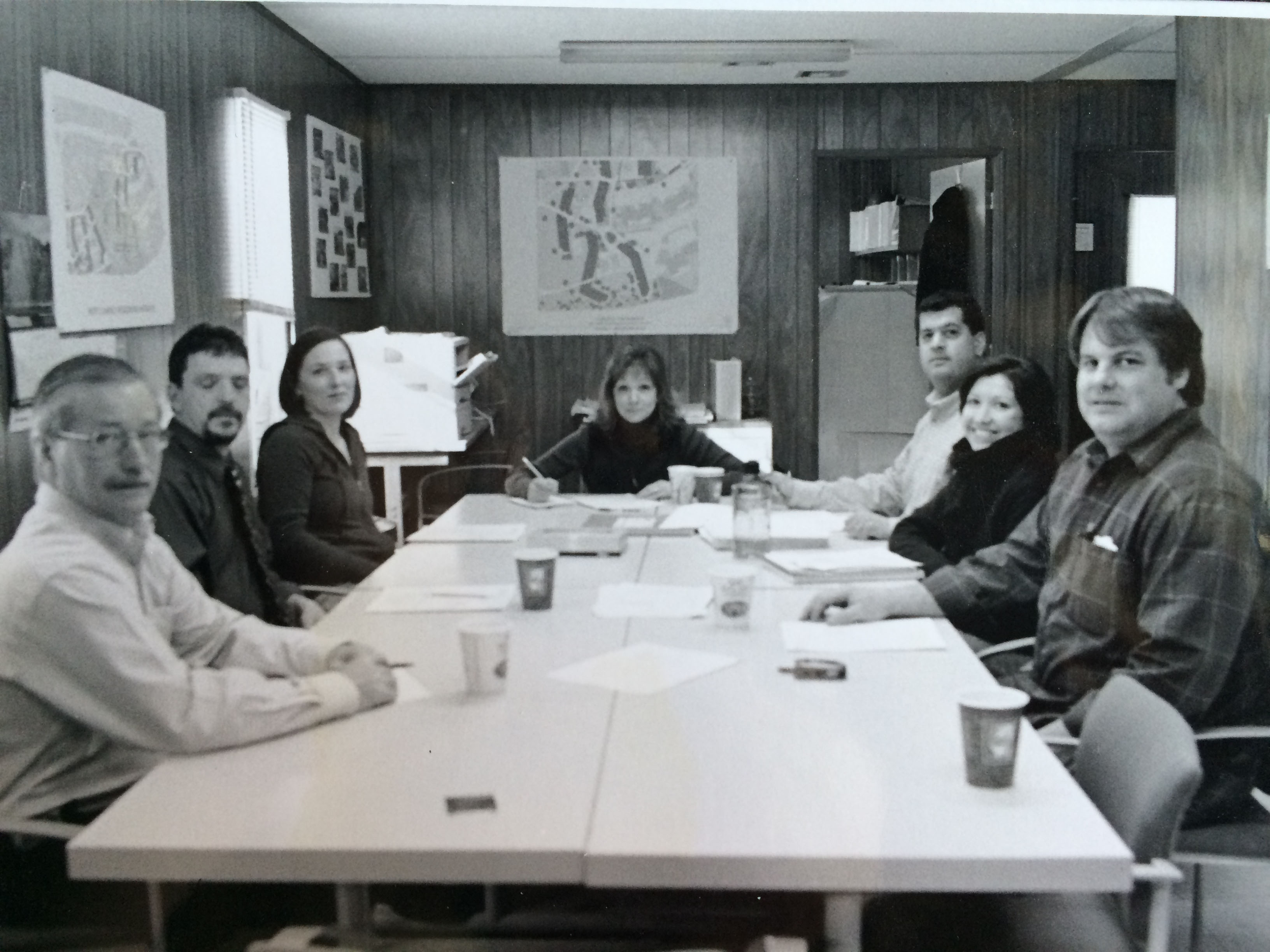The goal of the West Campus House System is to create an environment that closely links the residential life of upper-level students to the academic mission of the university. The development of the West Campus House System with faculty leadership at its core has been a product of years of planning by Cornell students, faculty and staff. The West Campus House System emphasizes informal interaction with faculty members, self-governance, social and cultural programming, privacy and independence. What residents on West Campus will find and help to build is a natural extension of the experience they shared as first-year students on North Campus. It is also a part of Cornell's vision to be the best research university for undergraduate education in this country.

HISTORY
In October 1997, President Rawlings announced a dramatic break from Cornell tradition with a plan to house all first-year students on North Campus. The plan recognized the special affective and developmental aspects of a successful first year experience. In March 1998, Susan Murphy, Vice President of Student and Academic Services, created a committee of faculty, students, and administrators to give her advice for the future upperclass residential experience on West Campus.

Recommendations:
1. Institute a post-first year living environment on West Campus that has faculty leadership (reflecting all of the undergraduate schools and colleges) as its primary principle.
2. Develop live-learning houses, each with faculty leadership and involvement. (The "personality" of the living-learning houses will evolve and change over time as developed by the house faculty head and student residents.) Redesign and/or construct four or five living-learning houses on West Campus to support the concept of faculty leadership and involvement. These houses should have appropriate facilities for encouraging interaction among members of the community. Facilities should include living quarters for faculty and staff, as well as graduate students, for each living-learning house. In addition, each house should have communal dining, seminar rooms, offices for staff, office space for faculty fellows who do not reside in the house, and social space. Creative use of technology to support the community in its pursuit of educational mission should also be provided.
3. Recruit distinguished Cornell faculty and provide those who participate as live-in faculty House Heads or in other important residential roles with compensatory rewards (e.g., course relief, stipends) for their leadership involvement. Develop methods of encouraging faculty engagement through providing resources for innovative teaching.
4. Develop a Faculty Living-Learning Council with general responsibility for governance of the living-learning experience. This Council should report to the President to link more closely the living-learning experience with the broader mission of the University.
5. Charge the newly formulated Living-Learning Council to work with colleges and departments to integrate academic life (teaching and advising) into the West Campus living-learning experience. Provide residentially-based support for specific class or academic programs, such as tutorials or computer-based services as needed.
6. Encourage and facilitate student leadership and governance within each living-learning house through a joint faculty/student/staff governance structure
7. Provide in all of the living-learning houses sophomore programming which focuses on the upperclass options available at Cornell (selection of major, study abroad, honors, and/or research connections). In addition, provide linkages to public service, career services and internship possibilities.
8. Provide common community space for the West Campus "neighborhood" of fraternity, sorority, co-op, and living learning houses that include classroom, social meeting, theater, library, music and recreation/fitness facilities to meet students' needs. This common space will provide the opportunity for a shared upperclass experience for the various houses in the West Campus "neighborhood".

VISION
Residential life at Cornell is much more than dormitory housing. It is an important part of a student's growth and development as a social and cultural being, an important moment in forging individual identity. It is also a time for students to explore the world of ideas outside themselves with others, with their peers, and with their teacher-mentors. In the first year, developmental issues do and should dominate residential life, receiving more attention than academic exploration in the residence halls. For sophomores, juniors, and seniors in university housing, however, the balance shifts from developmental concerns to intellectual community - hence the core recommendation is faculty and graduate student leadership in newly configured living-learning houses. When added to the plans for an all-first year North Campus, these recommendations offer a comprehensive undergraduate residential experience in the next century for Cornell upper-class students who wish to live on campus. This experience will make available increased faculty-student interactions for those undergraduates who desire it, so that the two groups come to know each other beyond the formal interactions of the classroom, and so that students can be drawn more fully into the intellectual life of the university.
The vision is innovative and bold but is not disconnected from the history of Cornell. The partnerships developed among the students, faculty, and staff will support Cornell's mission of educating students in the broadest sense. The vision will remedy a deficiency which, as Morris Bishop noted in his History of Cornell (1962), worried many earlier in the century: "Our courses are more exacting and better organized than they used to be, our equipment incomparably better, our teaching methods more efficient, but the student has less opportunity for education by mere association." It is with the hope of providing future Cornell students a transformative educational experience that these recommendations were offered.

